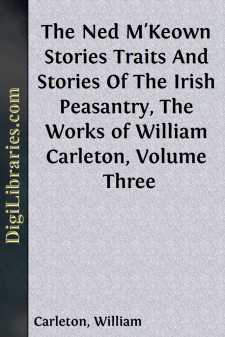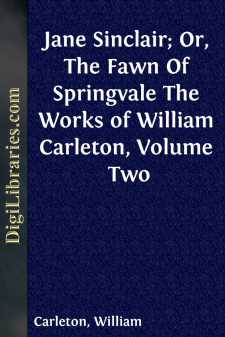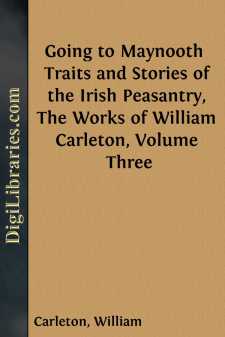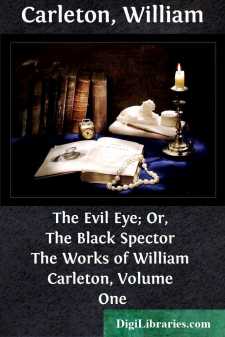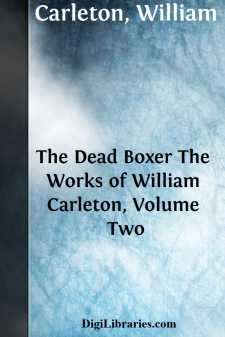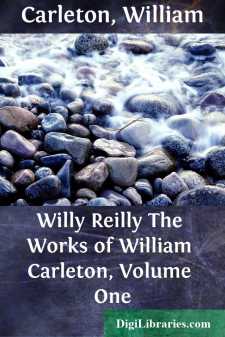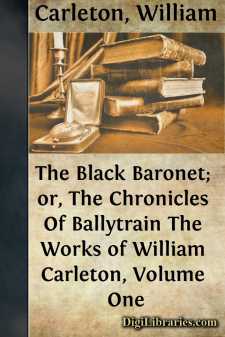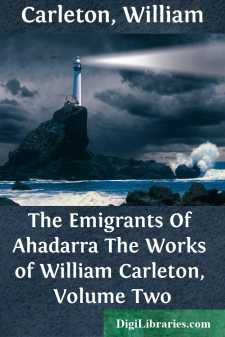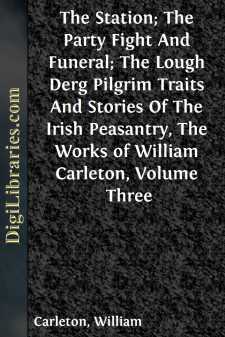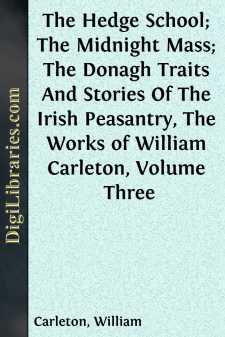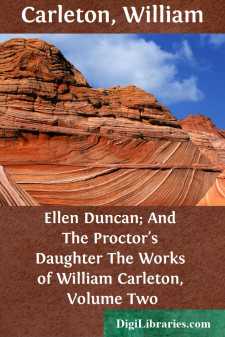Categories
- Antiques & Collectibles 13
- Architecture 36
- Art 48
- Bibles 22
- Biography & Autobiography 815
- Body, Mind & Spirit 144
- Business & Economics 28
- Children's Books 18
- Children's Fiction 14
- Computers 4
- Cooking 94
- Crafts & Hobbies 4
- Drama 346
- Education 58
- Family & Relationships 59
- Fiction 11834
- Games 19
- Gardening 17
- Health & Fitness 34
- History 1378
- House & Home 1
- Humor 147
- Juvenile Fiction 1873
- Juvenile Nonfiction 202
- Language Arts & Disciplines 89
- Law 16
- Literary Collections 686
- Literary Criticism 179
- Mathematics 13
- Medical 41
- Music 40
- Nature 179
- Non-Classifiable 1768
- Performing Arts 7
- Periodicals 1453
- Philosophy 65
- Photography 2
- Poetry 896
- Political Science 203
- Psychology 44
- Reference 154
- Religion 515
- Science 126
- Self-Help 85
- Social Science 83
- Sports & Recreation 34
- Study Aids 3
- Technology & Engineering 59
- Transportation 23
- Travel 463
- True Crime 29
Our website is made possible by displaying online advertisements to our visitors.
Please consider supporting us by disabling your ad blocker.
The Ned M'Keown Stories Traits And Stories Of The Irish Peasantry, The Works of William Carleton, Volume Three
by: William Carleton
Categories:
Description:
Excerpt
INTRODUCTION.
It will naturally be expected, upon a new issue of works which may be said to treat exclusively of a people who form such an important and interesting portion of the empire as the Irish peasantry do, that the author should endeavor to prepare the minds of his readers—especially those of the English and Scotch—for understanding more clearly their general character, habits of thought, and modes of feeling, as they exist and are depicted in the subsequent volume. This is a task which the author undertakes more for the sake of his country than himself; and he rejoices that the demand for the present edition puts it in his power to aid in removing many absurd prejudices which have existed for time immemorial against his countrymen.
It is well known that the character of an Irishman has been hitherto uniformly associated with the idea of something unusually ridiculous, and that scarcely anything in the shape of language was supposed to proceed from his lips, but an absurd congeries of brogue and blunder. The habit of looking upon him in a ludicrous light has been so strongly impressed upon the English mind, that no opportunity has ever been omitted of throwing him into an attitude of gross and overcharged caricature, from which you might as correctly estimate his intellectual strength and moral proportions, as you would the size of a man from his evening shadow. From the immortal bard of Avon down to the writers of the present day, neither play nor farce has ever been presented to Englishmen, in which, when an irishman is introduced, he is not drawn as a broad, grotesque blunderer, every sentence he speaks involving a bull, and every act the result of headlong folly, or cool but unstudied effrontery. I do not remember an instance in which he acts upon the stage any other part than that of the buffoon of the piece uttering language which, wherever it may have been found, was at all events never heard in Ireland, unless upon the boards of a theatre. As for the Captain O'Cutters, O'Blunders, and Dennis Bulgrudderies, of the English stage, they never had existence except in the imagination of those who were as ignorant of the Irish people as they were of their language and feelings. Even Sheridan himself was forced to pander to this erroneous estimate and distorted conception of our character; for, after all, Sir Lucius O'Trigger was his Irishman but not Ireland's Irishman. I know that several of my readers may remind me of Sir Boyle Roche, whose bulls have become not only notorious, but proverbial. It is well known now, however, and was when he made them, that they were studied bulls, resorted to principally for the purpose of putting the government and opposition sides of the Irish House of Commons into good humor with each other, which they never failed to do—thereby, on more occasions than one, probably, preventing the effusion of blood, and the loss of life, among men who frequently decided even their political differences by the sword or pistol....


